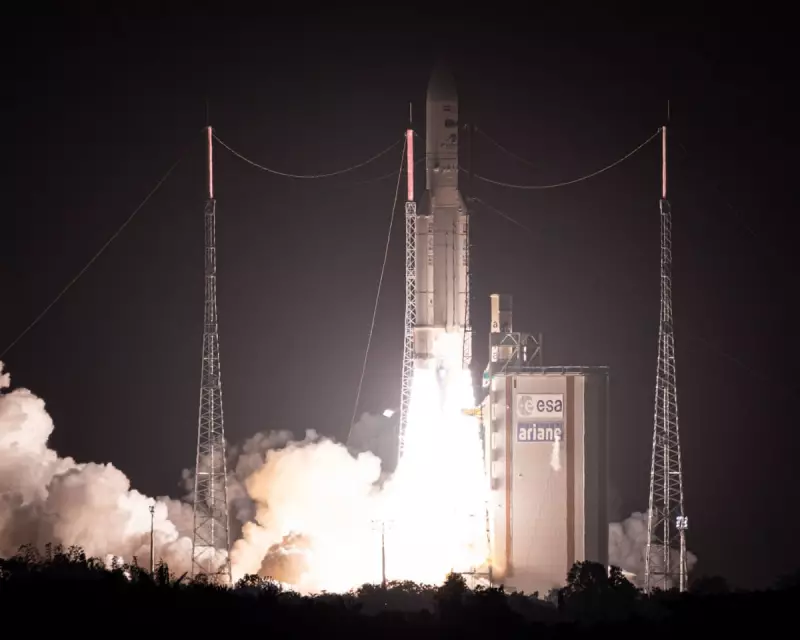
In a bold move that could reshape the global space industry, Europe's aerospace titans are joining forces to create a formidable challenger to Elon Musk's SpaceX. Airbus, Leonardo, and Thales have announced a strategic alliance aimed at reclaiming European sovereignty in satellite launches and reducing dependency on American providers.
The European Counter-Offensive
The collaboration represents Europe's most ambitious response yet to SpaceX's growing dominance. With Musk's company currently controlling approximately 60% of the global satellite launch market, European officials have grown increasingly concerned about reliance on foreign providers for critical infrastructure.
This isn't just about competition—it's about strategic autonomy, said an industry insider familiar with the negotiations. Europe cannot afford to be dependent on external providers for something as crucial as satellite deployment.
What the Alliance Brings to the Table
- Airbus contributes decades of aerospace manufacturing expertise
- Leonardo brings advanced electronics and systems integration capabilities
- Thales adds its satellite and communications technology prowess
EU Backing and Ambitious Timelines
The European Commission has thrown its weight behind the initiative, with substantial funding expected through various EU space programmes. While specific financial figures remain confidential, sources indicate the investment will run into billions of euros over the next decade.
The consortium aims to develop new launch vehicles and satellite systems that can compete with SpaceX's Falcon rockets and Starlink constellation. Initial test launches are projected within the next three to four years, with full operational capability targeted by the early 2030s.
Overcoming Past Challenges
Europe's space ambitions have faced setbacks in recent years, including delays in the Ariane 6 rocket programme and increased competition from not just SpaceX but also emerging players like China and India. This new alliance represents a fundamental shift in strategy—moving from individual company efforts to a coordinated, pan-European approach.
The message is clear: Europe is ready to invest whatever it takes to secure its position in the new space race. With combined resources and political backing, this alliance could finally provide the competition that the satellite launch market has been lacking.





